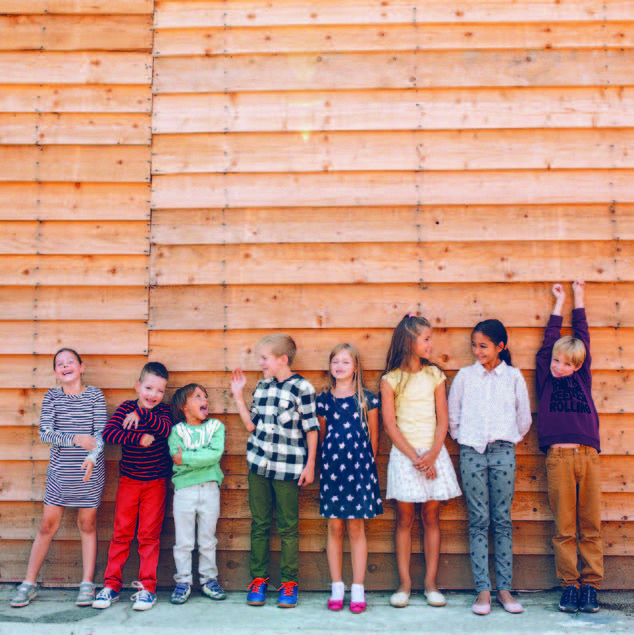
Children generally view their parents as heroes off and on. However, during adolescence and teenage years, they start to see parents more as parole officers than superheroes. Then, the blaming begins.
A matter of control
Parents control their kids by making major and minor decisions for them to keep them healthy and safe. Kids, however, grow to resent this and start fighting back. They wish their parents could see things more from their point of view. Parents fight to retain power. Soon, both sides start blaming each other to gain the upper hand.
The pain of blame
Children don’t realize how much pain this blame causes. There are certainly many occasions where blame is entirely appropriate, such as emotional or physical abuse. However, when the situation stems more from growing pains, it’s worth taking a deeper look. This pattern of blaming affects the self-esteem of both parents and children, which many carry into adulthood.
No harm, no foul
When children are criticized, even for such simple tasks as not making the bed correctly, they often believe their parents think they’re defective and that they won’t ever do anything right. This may develop into a child’s core belief. As adults, these individuals may remain hyper-sensitive to suggestions and take them as criticism. Negative thoughts like these need to be reevaluated in therapy or individually to release them. If people continue blaming their parents, they give away their power.
It’s never too early to stop the blame game in its tracks. The sooner we forgive, the quicker we deal with the real issues and start to live life on our own terms.


